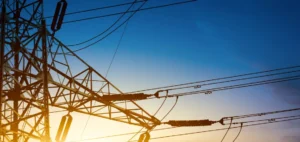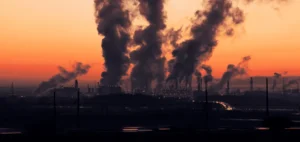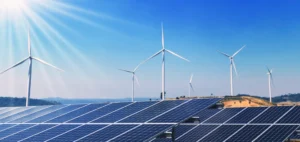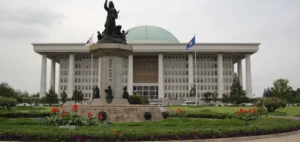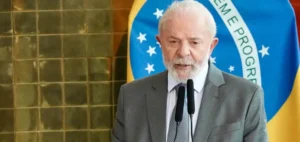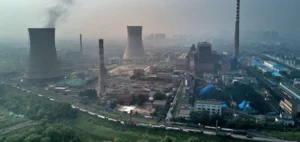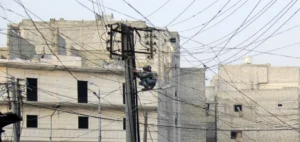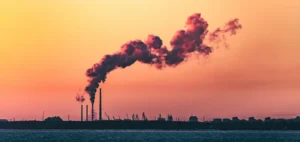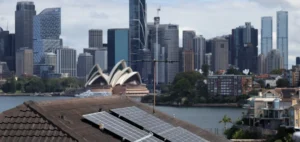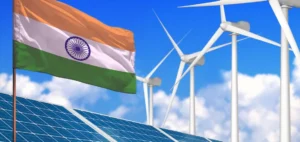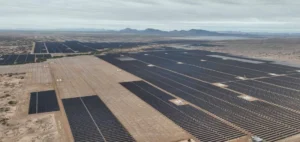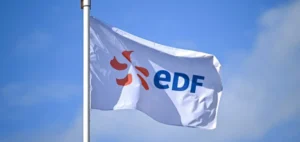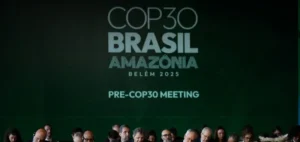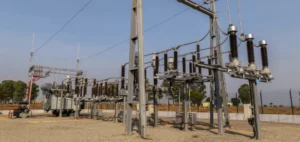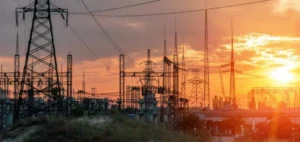Coal-fired power stations ready to go into action and, in an extreme scenario, occasional power cuts to relieve the system: the British electricity network operator (ESO) published its projections for the winter on Thursday.
“Russia’s invasion of Ukraine means that, overall, this winter is likely to be difficult for energy supply across Europe… ESO has developed additional tools” to deal with it, the subsidiary of listed company National Grid said in a statement.
Among the new measures, contracts are in place with three energy companies to keep five coal-fired power generation units open and on standby, as requested by the British government.
They will be able to supply about 600,000 homes in case of need.
Users will also be encouraged to reduce their consumption or even turn off the power “at key times to reduce overall demand across the system,” ESO adds.
The company estimates in its base case that it will have “adequate margins” to supply electricity throughout the winter, even though it is “highly likely that wholesale energy prices will remain very high” during this period.
But the situation could be less favorable than hoped, especially in an extreme case where gas supply is insufficient.
This could result in “supply interruptions to customers for long periods of time.
short periods”, warns ESO.
With the majority of gas coming from Norway and its own continental platform, notably in the North Sea, “Britain’s supply sources are diverse and flexible”, says National Grid Gas Transmission (NGGT), owner of the gas network
British.
The country also has significant capacity to receive LNG transported by ship, with arrivals “above average so far this year” which have allowed “significant exports to continental Europe, supporting the objectives” of the continent to fill its
stocks before winter, NGGT notes in its own forecast.
The operator says it expects to see increased demand for gas to run generation plants this winter – the UK produces about half of its electricity using this hydrocarbon – to meet export demand for electricity, mainly from France.
Faced with the energy crisis, European countries are implementing savings plans. France published on Thursday a plan of energy sobriety focused on heating, transport, public service and renovation
energy.






